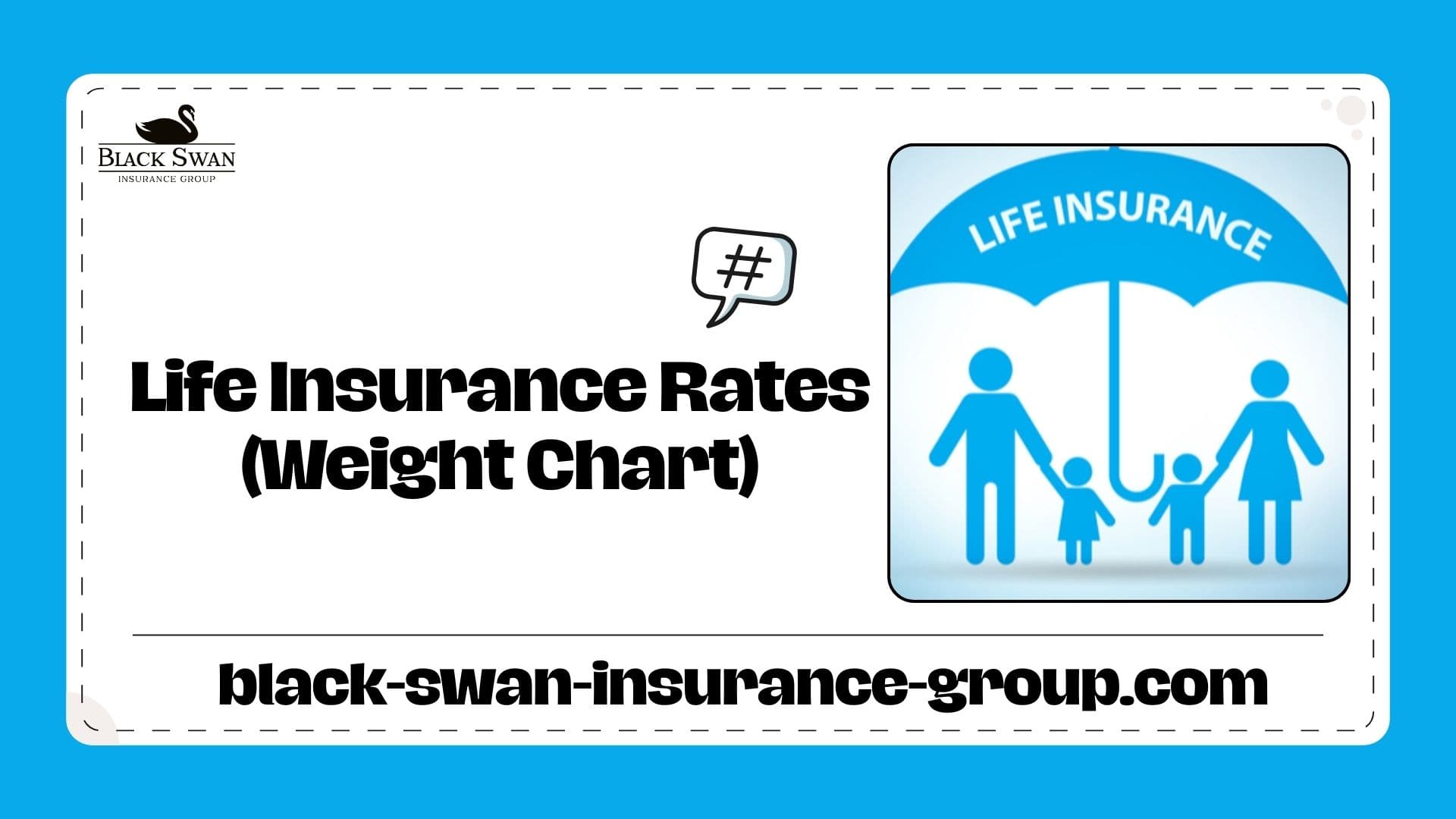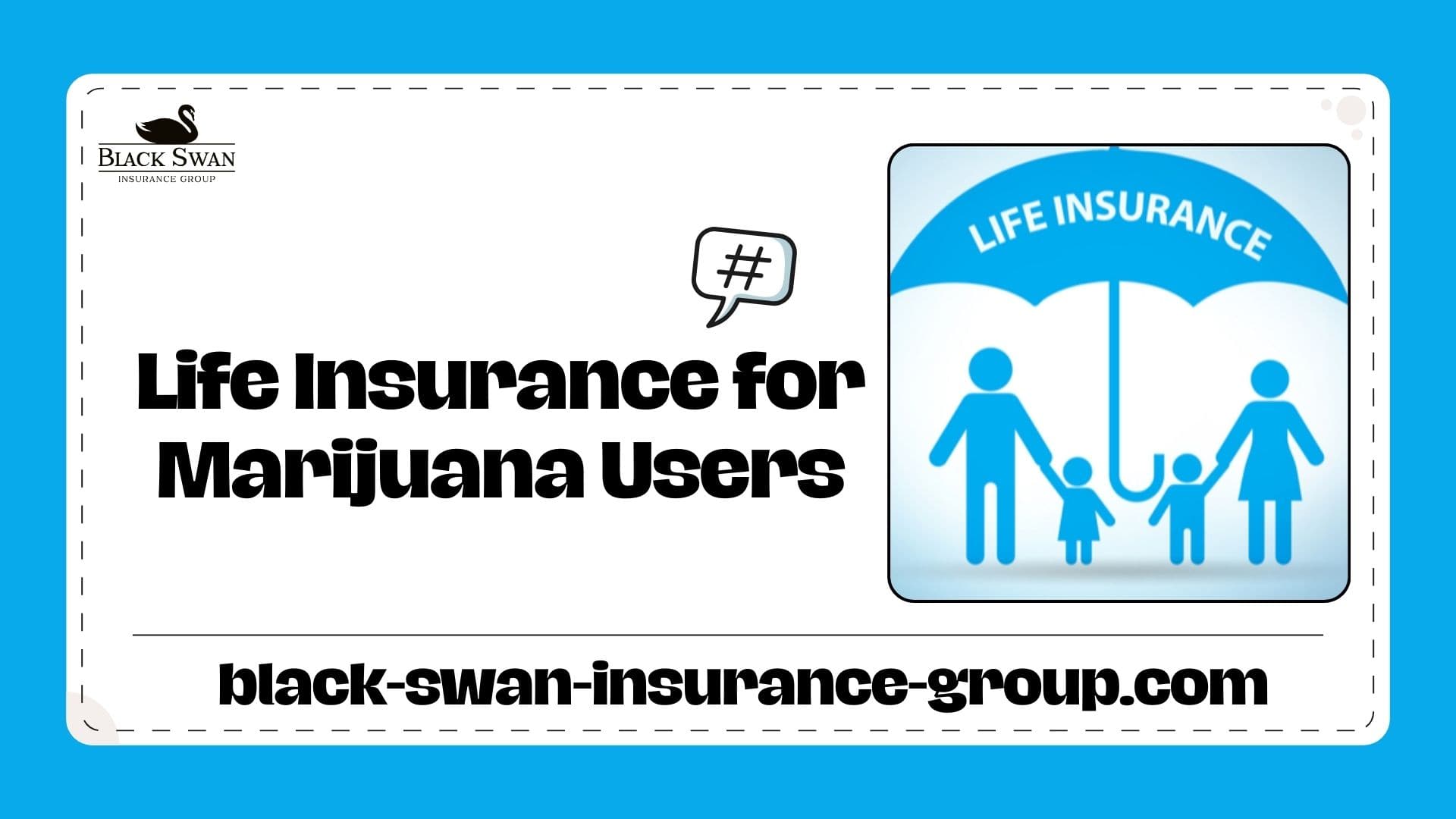How Weight Impacts Life Insurance Rates (With BMI Chart)
Your weight can significantly impact your life insurance rates, as it’s closely linked to your overall health profile. Insurers commonly use Body Mass Index (BMI) charts to assess how your height and weight ratio aligns with risk categories. Individuals classified as overweight or obese may be subject to higher premiums, policy exclusions, or reduced coverage. However, some providers offer more favorable rates for applicants with stable weight and no history of related conditions.
Understanding how weight affects life insurance rates allows you to make informed decisions when comparing policies. In this guide, we’ll explore BMI, weight classifications, and how insurers use this data to determine your premiums.
What is BMI and Why Does It Matter?
Body Mass Index (BMI) is a calculation that uses your height and weight to estimate whether you’re underweight, at a healthy weight, overweight, or obese. Life insurance companies rely on this number during underwriting to identify potential health risks tied to body composition.
BMI Categories:
- Underweight: < 18.5
- Healthy weight: 18.5 – 24.9
- Overweight: 25 – 29.9
- Obese: 30+
While BMI doesn’t distinguish between fat and muscle, it remains a key metric used to evaluate your eligibility and expected life insurance rate. Applicants with higher BMI scores may face increased costs or limited options, depending on the insurer.
You can learn more about BMI and how it’s calculated from the CDC:
What is the BMI Limit for Life Insurance?
Most life insurers consider a BMI between 18.5 and 24.9 as ideal. A BMI up to 30 may still qualify for standard rates, but higher levels can lead to increased premiums. Some companies accept applicants with BMIs up to 45, though such cases often involve higher life insurance rates and stricter underwriting.
Can You Get Life Insurance with a High BMI?
Yes, many people with a high BMI still qualify for coverage. While premiums may be higher, applicants in good health—without chronic conditions like diabetes or hypertension—can still secure favorable life insurance rates. If traditional policies are unavailable, simplified or guaranteed issue life insurance may be suitable alternatives.
How Much Does BMI Affect Life Insurance?
BMI plays a direct role in shaping your life insurance premiums. For example:
- Slightly overweight applicants may see modest rate increases.
- Obese applicants could face significantly higher life insurance rates or restricted policy choices.
Each insurer weighs these factors differently, but the general trend is: higher BMI equals higher risk, which often means higher cost.
Why Your Weight Affects Life Insurance Rates
Higher body weight increases the likelihood of health issues like heart disease and diabetes, which in turn elevates mortality risk. As a result, insurers may raise your life insurance rate to account for that increased risk. Maintaining a stable, healthy weight can help lower your premiums.
Life Insurance Height and Weight Chart
Insurers use build charts to quickly assess whether your weight falls within preferred, standard, or high-risk categories. Here’s an example:
| Height (cm) | Preferred (kg) | Standard (kg) | Possible Decline (kg) |
| 160 | 50 – 64 | 65 – 82 | 83+ |
| 170 | 60 – 75 | 76 – 94 | 95+ |
| 180 | 70 – 85 | 86 – 104 | 105+ |
| 190 | 80 – 96 | 97 – 116 | 117+ |
Note: Every insurer uses different thresholds, and many consider other factors such as recent weight loss, stable BMI, or associated health metrics when determining your life insurance rates.
Health Conditions Tied to High BMI

A higher BMI increases the risk for:
- Heart disease
- Type 2 diabetes
- Sleep apnea
- Certain cancers
- Fatty liver disease
- Osteoarthritis
These conditions heavily influence life insurance underwriting and can raise your premiums.
Other Health Factors That Affect Life Insurance Rates
Besides BMI, insurers also evaluate:
- Age
- Gender
- Pre-existing conditions
- Family medical history
- Smoking status
- Lifestyle and exercise habits
These combined factors determine the overall life insurance rate you’ll be offered.
Non-Health Factors That Impact Life Insurance Rates
Premiums are also affected by:
- High-risk occupations or hobbies
- Driving history
- Policy type (term vs. whole life)
- Coverage amount and duration
The more risk you present, the higher your life insurance rates will be.
Do Insurers Need Your Weight?
Yes, insurers request your height and weight to calculate BMI, a critical part of underwriting. Accurate information helps prevent issues like increased premiums or policy denial later on.
Should You Lose Weight Before Buying Life Insurance?
While losing weight can reduce your life insurance rates, most insurers require that you maintain the weight loss for 12 months. Applying now may be wiser than delaying coverage, especially if you’re in good health otherwise.
Best Life Insurance Options for Overweight Applicants
Consider these options:
- Term Life Insurance offers coverage for a specific period and is often more affordable. Some insurers provide favorable rates for overweight applicants.
- Simplified Issue Life Insurance: No medical exam, faster approval.
- Guaranteed Issue Life Insurance: No health questions, but higher premiums.
An insurance advisor can help match you with insurers who are more lenient with BMI ranges.
What If You’re Denied Life Insurance Due to Weight?
You can explore:
- Guaranteed issue policies
- Group life insurance through work
- Specialized brokers who understand high-BMI underwriting
These alternatives can provide coverage even when traditional options fall short. For example, Final Expense Life Insurance is ideal for covering end-of-life costs and may not require a medical exam.
Average Life Insurance Rates by Age and BMI
Example:
- 30-year-old male, healthy BMI: ~$16.10/month for $250K term
- 50-year-old male, healthy BMI: ~$35.45/month
Higher BMI increases these numbers further.
Why Choose Black Swan Insurance Group?
At Black Swan Insurance Group, we specialize in helping clients find competitive life insurance rates, even with higher BMI scores. Our team understands the nuances of underwriting and partners with providers who offer realistic, flexible solutions. Get expert guidance, clear answers, and tailored recommendations that align with your needs.








